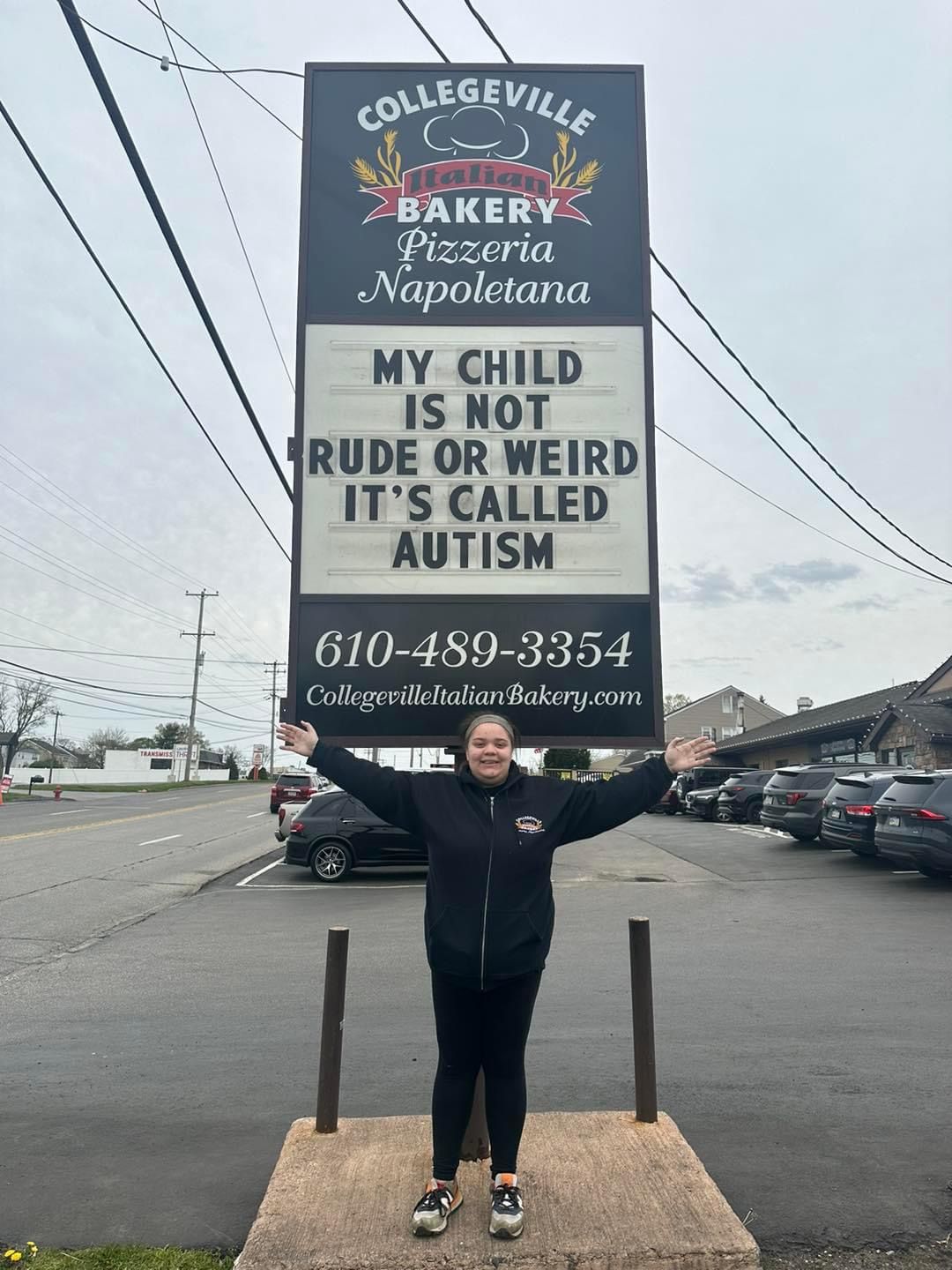The Road to Reconciliation: Healing After Infidelity

Infidelity can shake the foundations of the most committed relationships, leaving a trail of hurt, distrust, and confusion. However, the aftermath of such betrayals doesn't always have to lead to an end but can be the start of a healing process for both partners. We will outline pathways couples can navigate through the turmoil of infidelity toward reconciliation and healing, emphasizing the necessity of patience, communication, and professional guidance.
Understanding the Aftermath of Infidelity
Facing the Pain
The discovery of an affair is often accompanied by intense emotional distress. The betrayed partner may experience a gamut of emotions including anger, sorrow, and confusion, while the partner who strayed may grapple with guilt and shame. Accepting these emotions as valid and expected responses is the first step in the healing journey.
The Importance of Transparency
After infidelity, the rebuilding of trust can only begin with complete transparency. This means open communication about the circumstances of the affair, the reasons behind it, and the individual feelings of both partners involved.
The Role of Communication in Healing
Establishing a Dialogue
Open and honest dialogue is essential to understand the impact of the affair. Both partners must be willing to listen and express their feelings without judgment. Communication in this stage often requires the help of a counselor to facilitate and guide conversations constructively.
Setting Boundaries and Expectations
Part of the communication process involves setting new boundaries and clear expectations for the future. Defining what is needed from each partner moving forward can provide a framework for rebuilding the relationship.
Rebuilding Trust Step by Step
The Need for Patience
Rebuilding trust is not an overnight process. It takes time, during which both partners must show commitment to the relationship and to the changes they’ve agreed to implement. Each small step taken to honor this commitment reinforces trust.
Consistent Actions Over Words
Consistency in actions, not just promises, plays a vital role in healing after infidelity. Acts of faithfulness and consideration are fundamental in proving the betrayer's commitment to change and the couple's commitment to moving forward together.
Seeking Professional Support
The Value of Counseling
Seeking the help of a therapist or counselor can be pivotal in managing the complex dynamics after infidelity. Professional support provides a safe space to explore feelings, understand patterns, and learn strategies for strengthening the relationship.
Learning from the Affair
Professional support can also help couples to understand the root causes of the affair and to develop tools to strengthen their relationship. This learning process is critical for preventing future betrayals and for growing stronger as a couple.
Moving Forward with Forgiveness
The Power of Forgiveness
Forgiveness is a personal and powerful step in the healing process, requiring time and inner work. It is not about condoning the betrayal but about releasing the grip of persistent anger and hurt to make way for healing.
Building a New Future Together
Forgiveness opens the door to a new phase in the relationship. It allows both partners to move forward with a deeper understanding of each other and a renewed commitment to their bond.
The road to reconciliation after infidelity is challenging and fraught with emotional pitfalls. Yet, with a commitment to transparency, communication, and professional guidance, many couples find their way back to a strengthened and more honest relationship. This journey is not just about getting back to where they were but about building something new and more resilient in the face of past difficulties. With the right support and dedication, healing is not just possible; it can be the catalyst for profound personal growth and a more fulfilling partnership.
Begin the journey of healing and rediscover the bond you once cherished. Contact us to explore how our counseling services can guide you and your partner toward reconciliation and a stronger, more trusting relationship.



